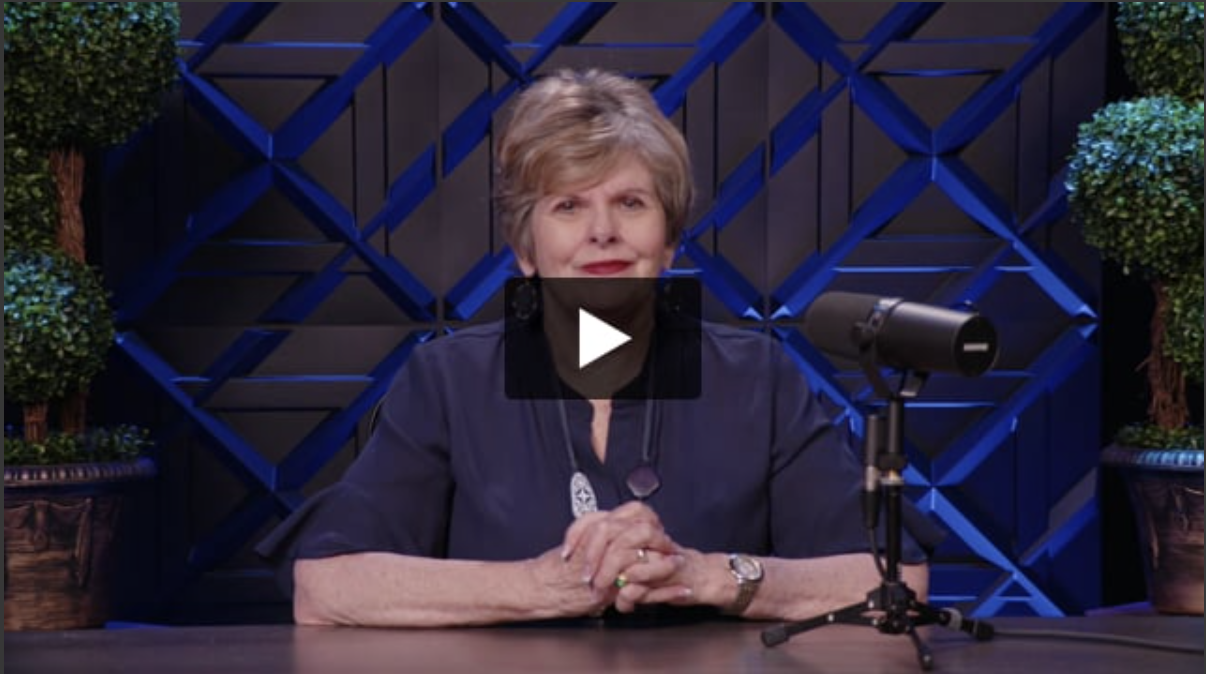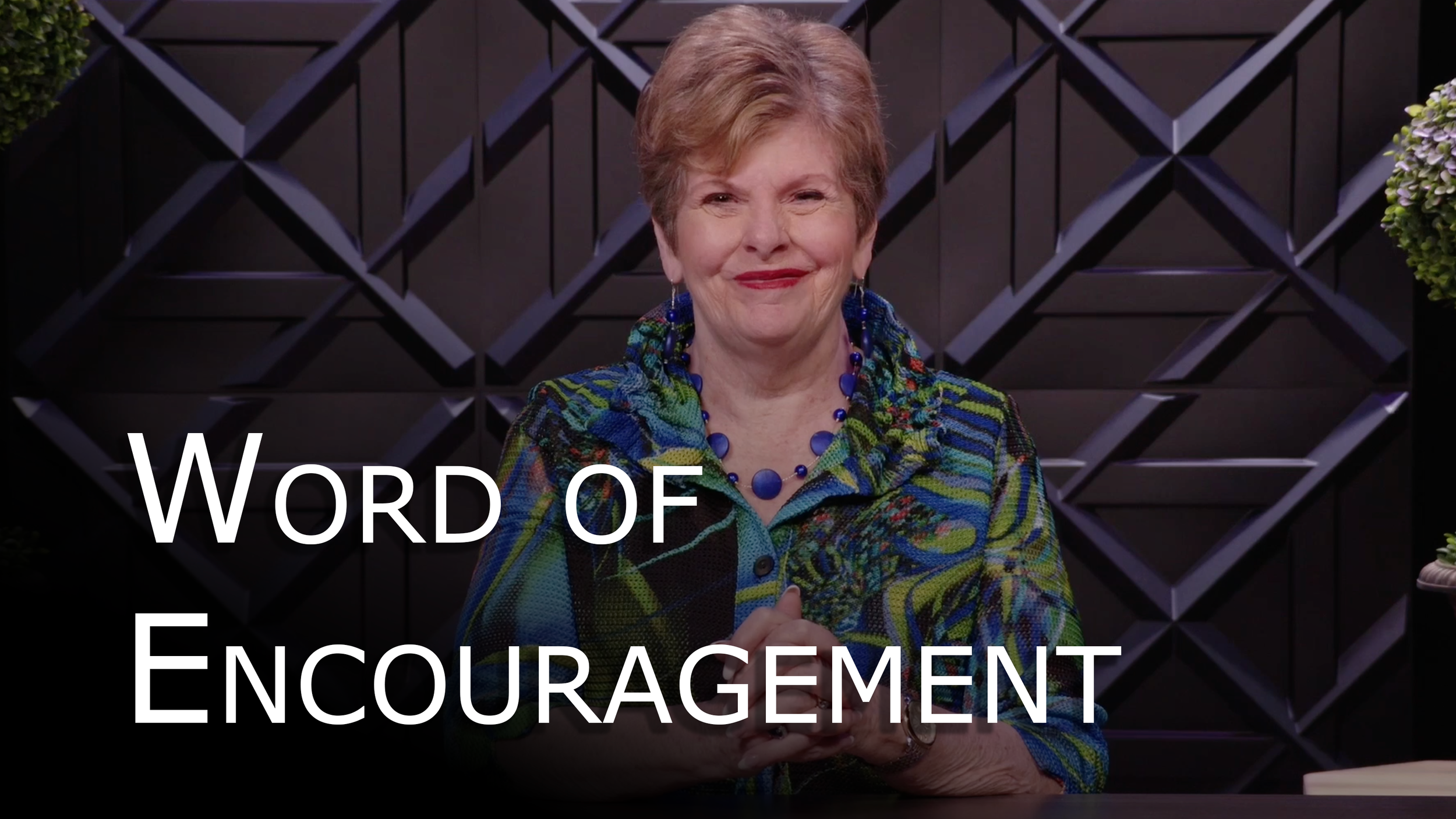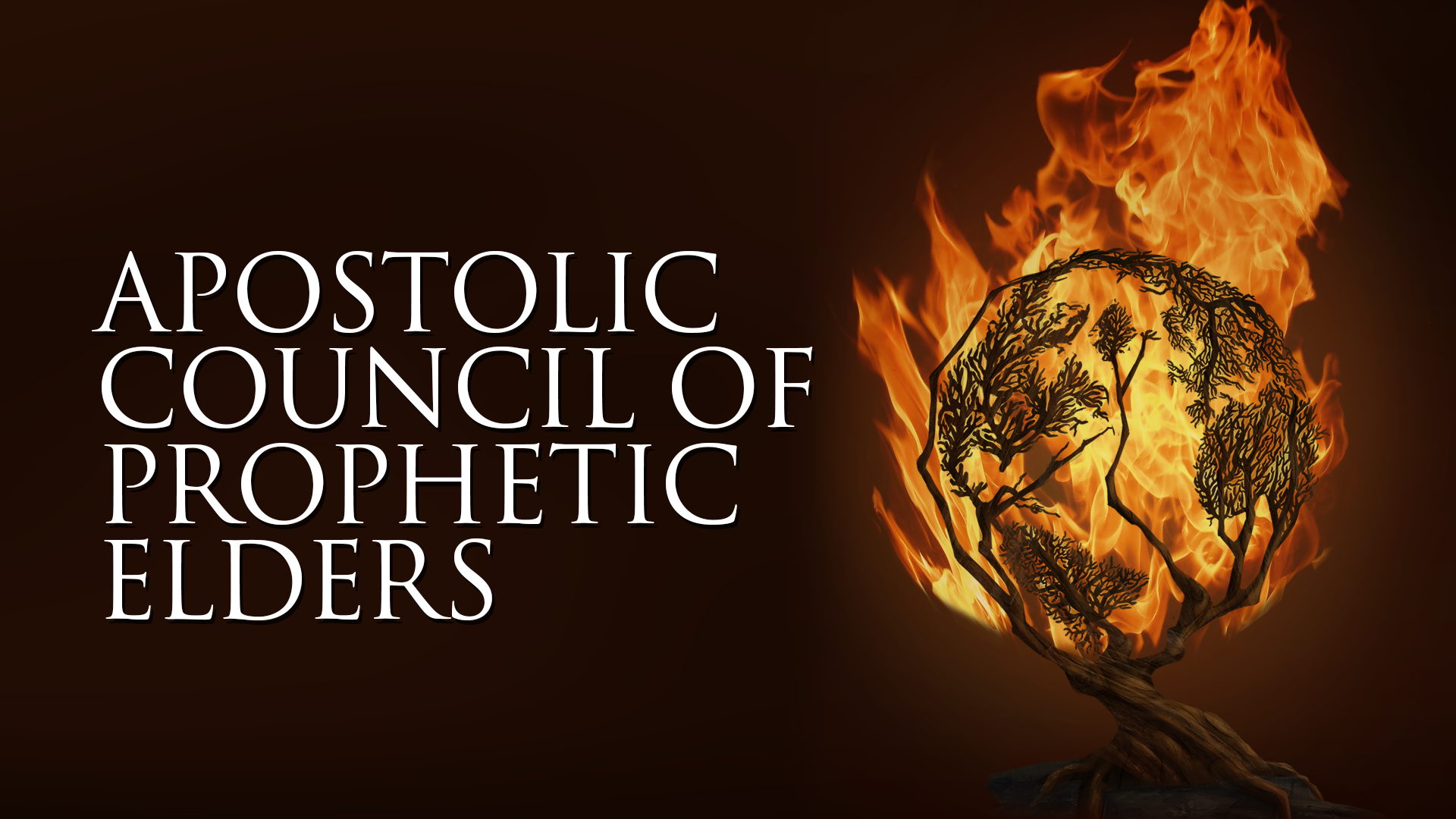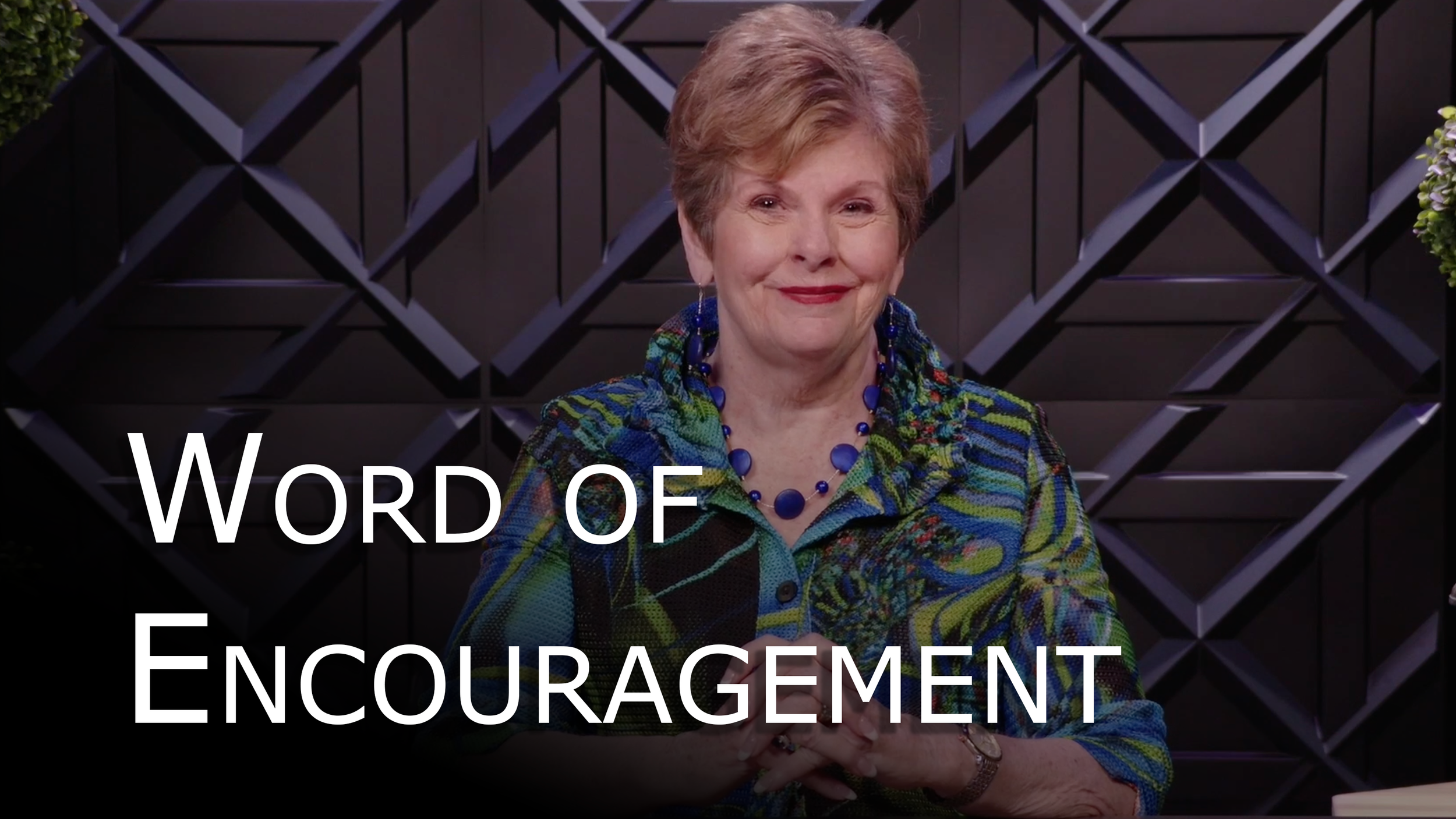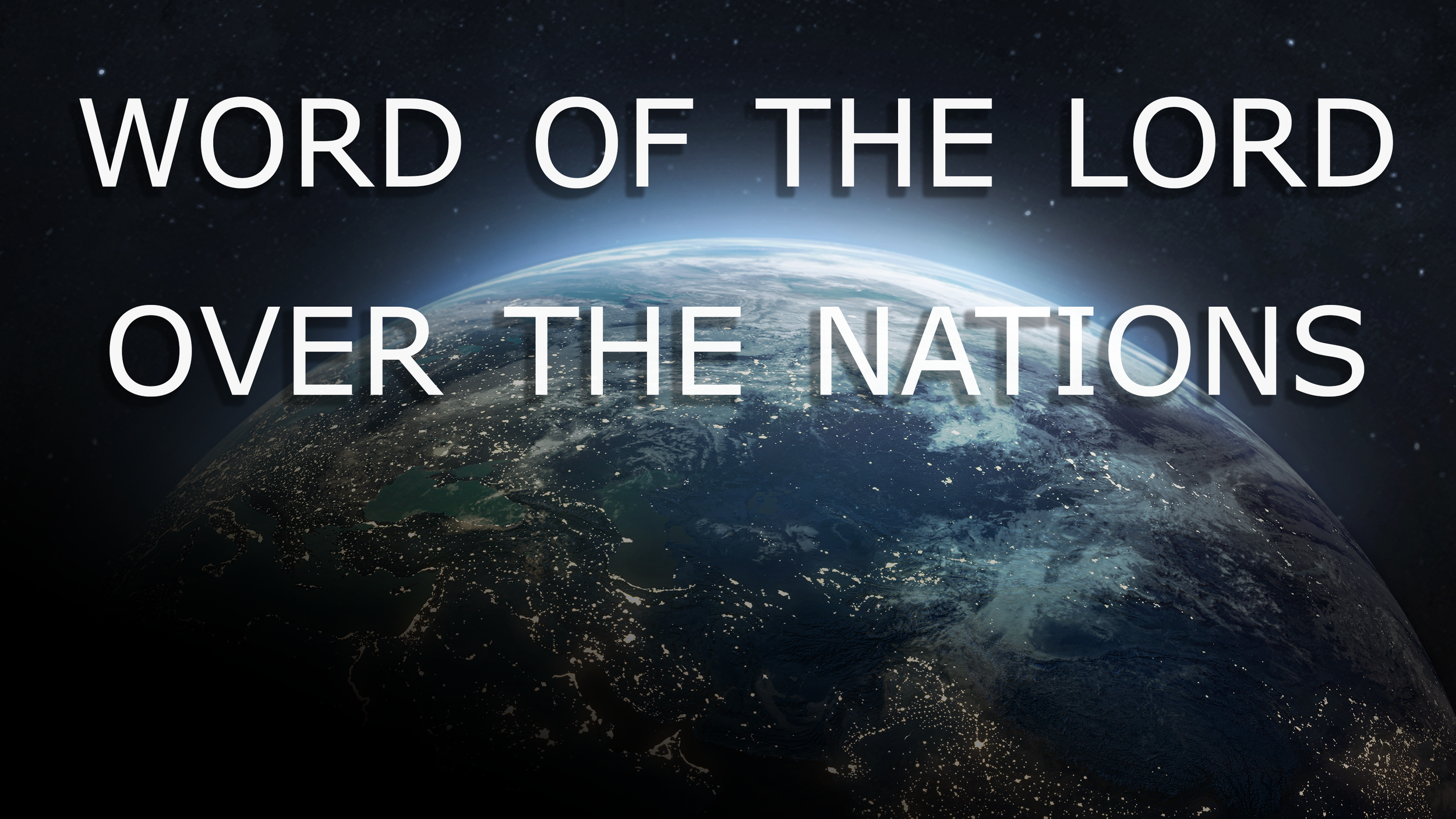
“For God was in Christ, reconciling the world to himself, no longer counting people’s sins against them. And He gave us this wonderful message of reconciliation.” – 2 Corinthians 5:19 (NLT)
The body of Christ is awakening to the need for reconciliation. People are beginning to realize that we cannot go on as we have—offended and divided—and still be effective at reaching the lost.
The ministry of reconciliation is carried out on multiple levels. First and foremost will always be the need that each person has to be reconciled to God. God does not want to us to be divided from Him, but rather to experience the fullness of relationship with Him.
Beyond this place of private reconciliation though, we must humbly face the reality that many have not been able to see and experience Christ, in part because the Body of Christ has not faithfully expressed reconciliation in both word and deed.
After being reconciled to God, we are called to pursue reconciliation with each other. Matthew 5:23-24 puts it like this:
Therefore if you bring your gift to the altar, and there remember that your brother has something against you, leave your gift there before the altar, and go your way. First be reconciled to your brother, and then come and offer your gift.
Notice that it doesn’t say if you have something against your brother, but rather if he has something against you. We need to seek out those who are offended with us and work to reconcile, forgive and be forgiven.
I’ll never forget one time when the Lord impressed upon me that there was something I believed He could not do. At first, I was rather indignant! How could He accuse me of such a thing? Then He softly reminded me of an old broken relationship that I had never worked to mend, and because so much time had passed, I felt it was impossible to fix. He was right! (Of course. He always is!) I did think something was impossible for God. I began to pray, and God mended this long-standing breach.
On a much broader level, I believe God wants to bring reconciliation between the different races represented in the Body of Christ, and the need for this is urgent. As one looks around, it isn’t hard to discern that there are large walls of separation between the nations or different races of people in the church. Often, congregations are completely segregated. When a conference is held, there will be little mixture of races. Even large prayer gatherings are usually predominantly one race with very little representation of other races.
How do we get these walls to come down? First of all, we have to be willing to acknowledge that they even exist. Second, we need to consider why they exist, even if it means facing some hard truths about our histories and systems. Third, we need to make a concerted effort to rectify the situation. We need to make changes both in word and deed. If we simply talk about what it means to reconcile but do not put it into practice through repentance, it will come to nothing. Most churches would say they agree that reconciliation needs to take place, but many of them don’t know how to practically go about reconciling.
The process of racial reconciliation for the Body of Christ needs to occur in at least three primary areas:
1. The local church
The local church needs to teach and equip people to reach out to those in their communities who are different from themselves. There may have even been sins committed against a certain people group, either within the church itself or in the community at large.
One Presbyterian church member told me how her church ran from the inner city so African-American people wouldn’t want to become members. They removed themselves to the white suburbs. She shared with me how they felt they needed to go repent to the church in the inner city for their prejudicial attitudes and pride.
There may be members of your church who are Asian, Hispanic or some other race different than what is predominantly represented in the church. Ask yourself, “Are we cultivating friendships with these brothers and sisters in the Lord? Have we ever considered someone other than the predominant race to speak or give some kind of input at our church? Are we listening to the needs and experiences of these groups, even if their stories are different from ours?”
2. Church to church
As a pastor, have you met and fellowshipped with pastors of other races? Have any of them ever been invited to stand in your pulpit? Do you know the needs of their churches, and have you ever prayed together?
Commitment comes out of relationship. Many times it takes one on one meetings together with leadership before churches can meet together in the Spirit.
Are there any feelings of separation because of living in different sections of the city where racial barriers exist? The church should be the first to tear these walls down. You might need to ask another church if you can visit them on a Sunday to repent of wrong attitudes, evil speaking, sectarianism or prejudice. I have known of some pastors who have knelt before a formerly “rival” church and repented to the whole congregation.
3. Church to community
In United States history, we have something called the Civil Rights movement in which black Americans fought for their rights. Unfortunately, because of racism, the church as a whole did not stand up and join together with them in their fight. Some even fought against them.
This is a sin of the church and has caused quite a bit of grief. It is important to repent of this to black leaders in the community and then make a concerted effort to rectify the situation.
Problems of racism which occur over generations in a community cause schisms and pain. In some communities, racial minorities have been refused housing, jobs and other kinds of equal opportunities. Some Hispanic, Asian, or African-American churches have not been able to rent facilities. Stereotyping people of certain races has resulted in segregation from nicer parts of town, which then forced them to go to areas they would not have preferred. It is one thing if this is their choice, but quite another if they are not given a choice.
A study of the history of your community will tell you where these sins have existed and what repentance needs to take place. If these hindrances to reconciliation are not dealt with, I believe we are in for some serious problems in our cities. There is a harnessed rage one feels in many places, not only in the U.S., but in other countries as well. Racial rioting, such as the ones we’ve recently experienced in Ferguson and Baltimore, could begin to take place on a much bigger scale and with more frequency if the church doesn’t wake up and actively do something towards healing the division between races. The church has the only solution – the ministry of reconciliation through the blood of the Lamb and the name of Jesus.
In many cities Satan has a plan to stir up strife and drop the match which will ignite the hatred of the hearts of the oppressed. We must lift up Jesus through repentance, forgiveness and the rectifying of the ancient problems to pour the water of the Holy Spirit upon the nations of the earth. As we come into unity in this manner, the blessing of the Lord will be poured out upon the peoples, and God will heal our land.
Prayer Points
1. Pray for a spirit of repentance to fall on the body of Christ over division and offenses that have been allowed to linger.
2. Pray for the church to humble herself and fully allow the Holy Spirit to search our hearts for areas of division and broken relationships.
3. Pray for a release of supernatural unity and reconciliation.
Recent Posts

